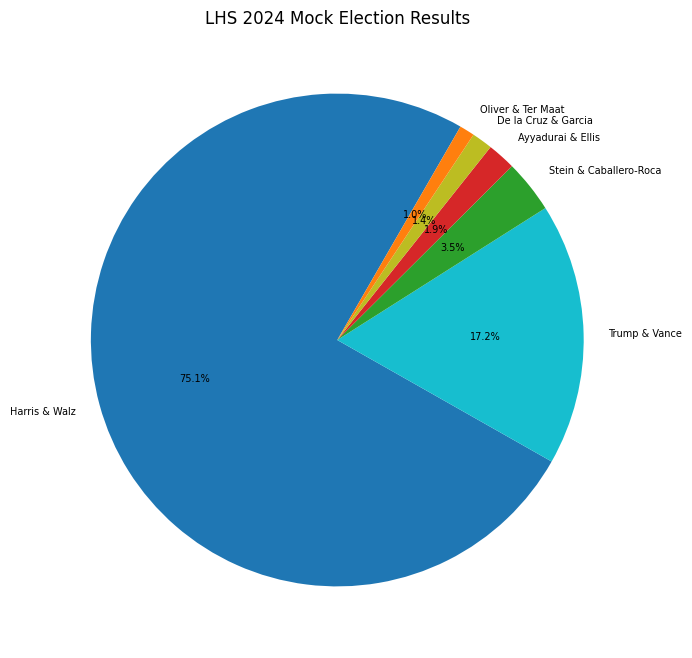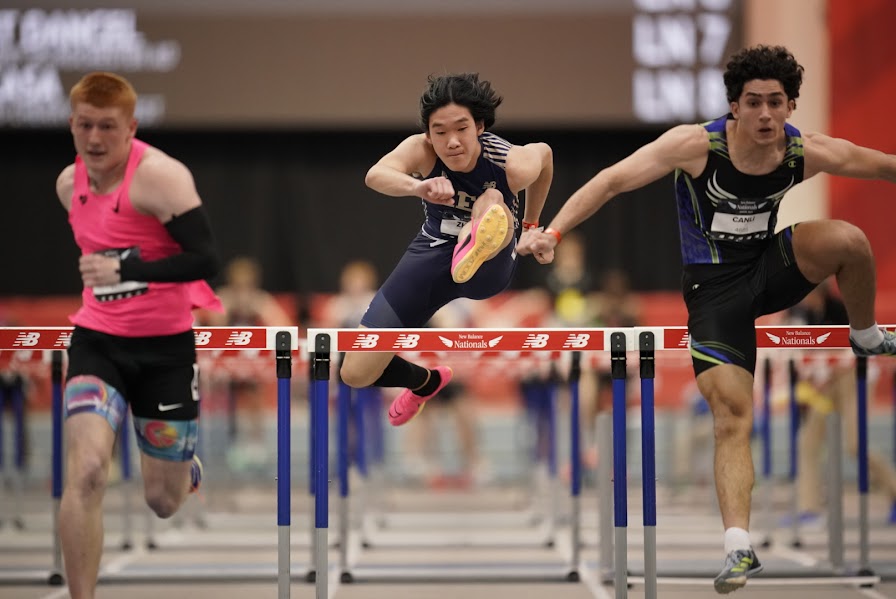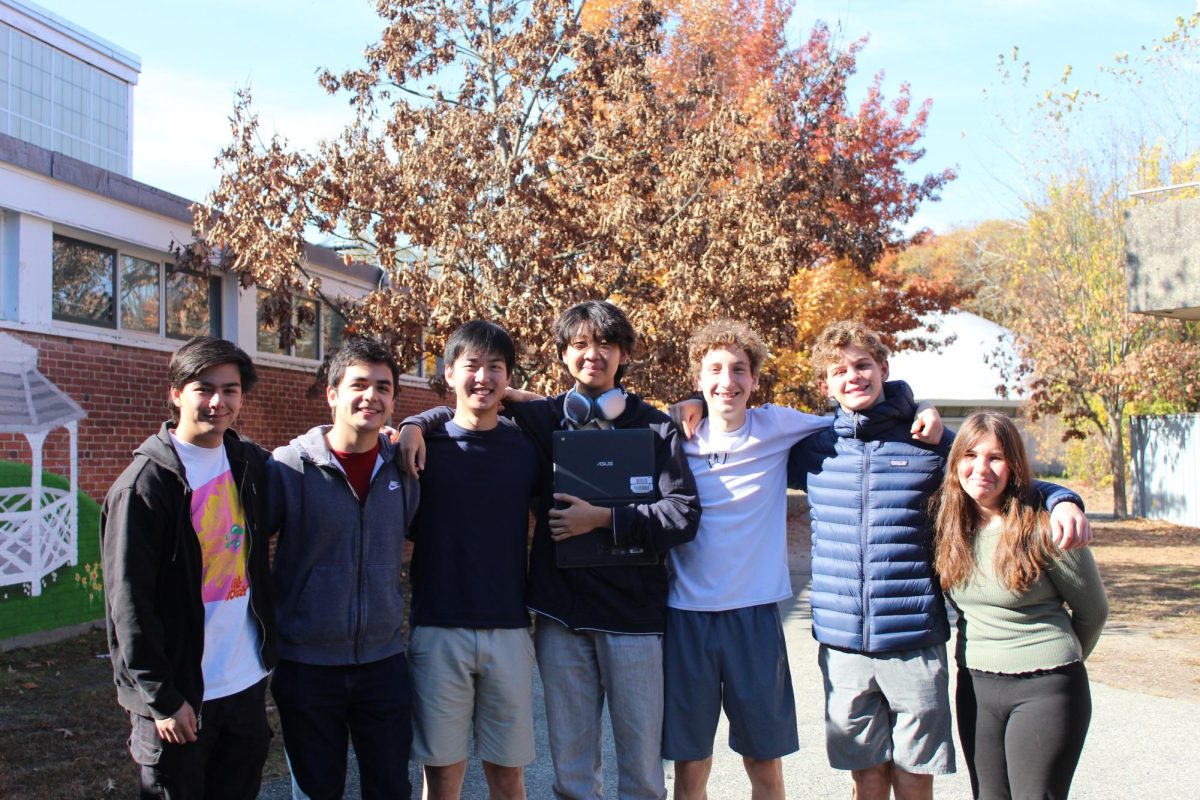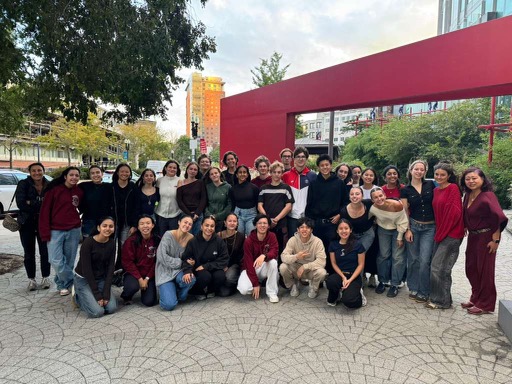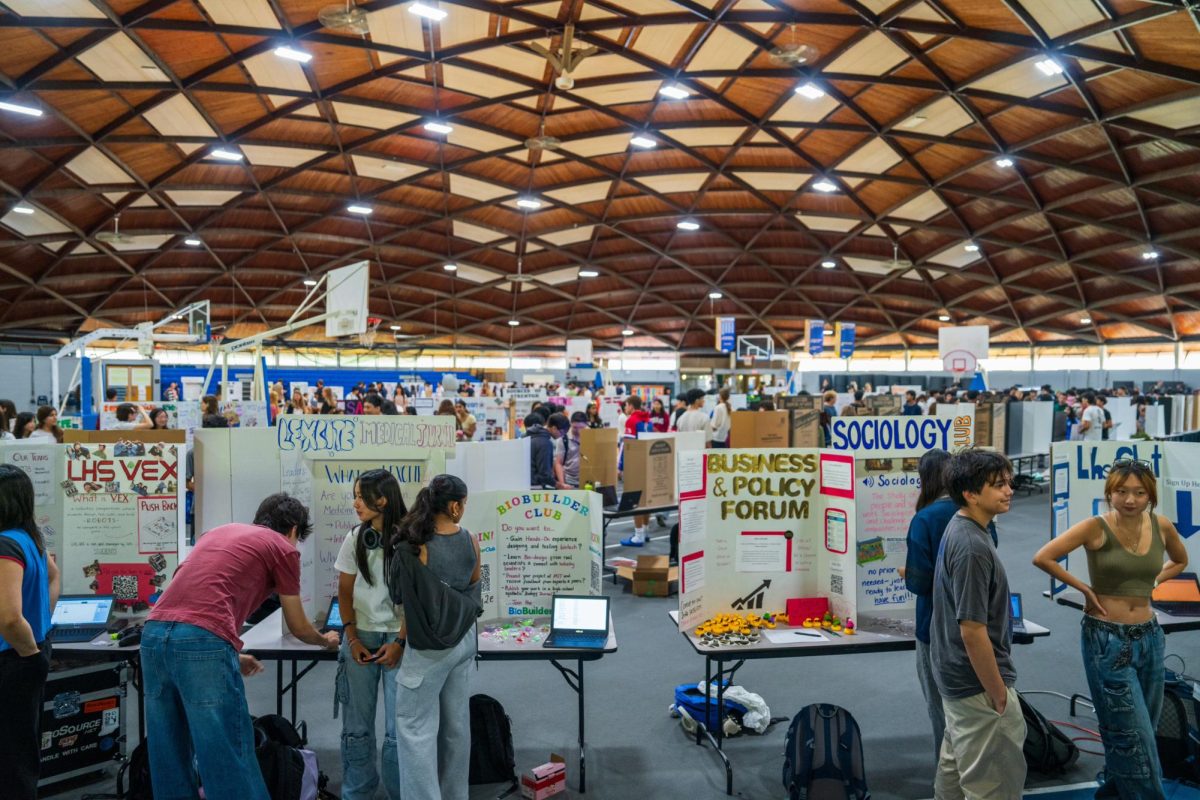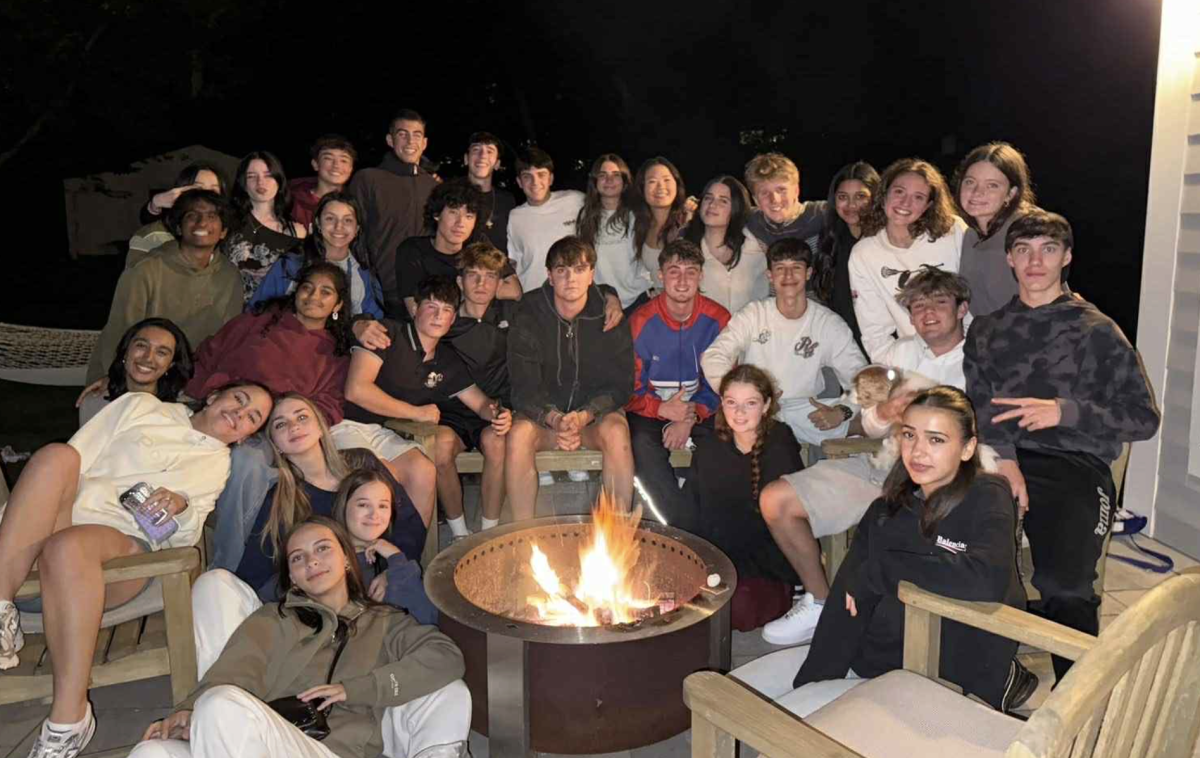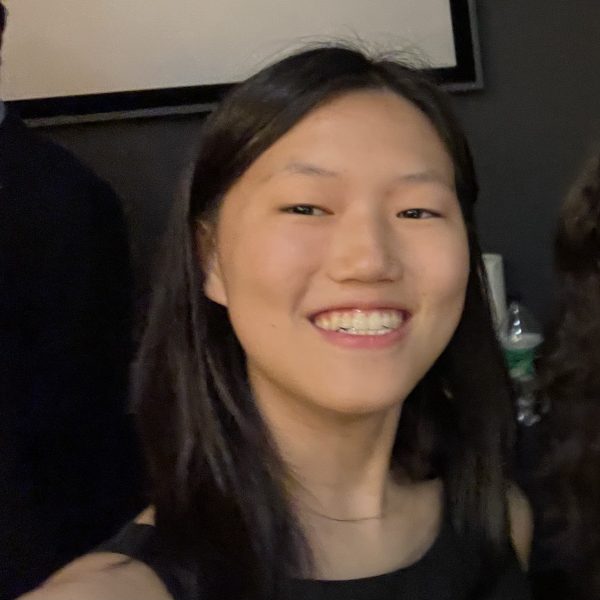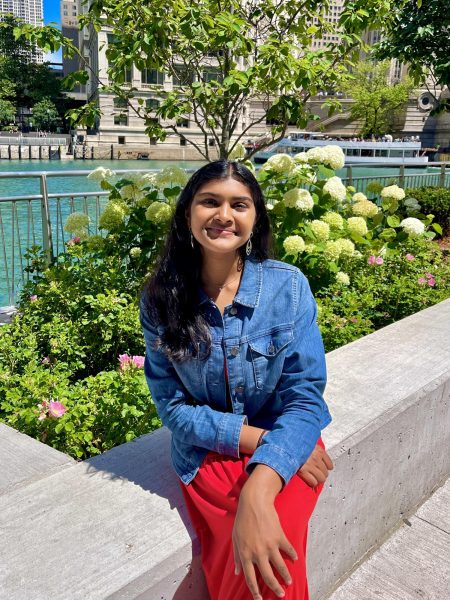On Nov. 6, the morning following the United States presidential election, students at Lexington High School arrived at their first-block classes with a range of emotions. While some appeared on the verge of tears, others were visibly relieved. Many others questioned how the new president would impact their personal and academic lives over the next four years.
In the LHS mock election held over Google Form during homeroom on Oct. 31, 75.1% of 808 participating students indicated they would vote for Kamala Harris, while 17.1% indicated they would vote for Donald Trump. (LHS has remained consistently Democratic-leaning; 86.4% of students said they would vote for Joe Biden in 2020, 75.0% for Hillary Clinton in 2016, and 78.3% for Barack Obama in 2012.)
While LHS students overwhelmingly indicated they would support Harris, post-election reactions from LHS students varied significantly. LHS sophomore Asa Mele said he supported Harris during the election because of Trump’s attitude toward marginalized groups.
“I’m Jewish, and I’ve seen since Trump’s rise, there’s been hateful rhetoric against everyone, especially members of the Jewish community. Trump cozies up to people like Tucker Carlson and Marjorie Taylor Greene who are just preaching hatred and bigotry to every corner of our diverse society,” Mele said.
Mele said other issues important to him during the election were democracy and climate policy. He is concerned that as a result of Trump’s victory, the United States’ investment in green energy will stall.
“As a young person who will have to live in a future where climate change will dictate it… [Trump’s win] is kind of frustrating,” Mele said.
Other issues LHS students stated were deciding factors for them this election were human rights and the economy. LHS senior Silver Wang is concerned that the cost of living will rise as a result of Trump’s economic policies.
“I am a child of immigrant parents and from a low-income family,” Wang said. “Prices will rise because it’s the consumer that ultimately pays the price of [Trump’s] tariffs. I know that life here will be a lot more expensive, and I don’t know if I can see a clear future for myself, living here in Massachusetts.”
Another student, who is transgender, said that they are now considering changing where they apply to college because of policies in conservative states affecting women’s and trans rights.
“I’m looking at where I might be living within the next couple years… as someone who will be directly affected by any changes, especially when it comes to women’s health care and trans rights… it scares me quite a bit,” the student said.
LHS teachers are particularly concerned about Trump’s campaign promise to potentially dismantle the Department of Education.
“[Trump] is getting rid of the Department of Education, which means less funding. It means less enforcement of education laws around IEPs and Free Appropriate Public Education, which is what our school systems are based on, unlike private schools,” Christopher Doucette, a math teacher, said.
While most participants in the mock election supported Harris, a sizable minority stated they would vote for president-elect Trump. None of the students contacted by The Musket who indicated they would support Trump wished to be included in the article by name, although one student described their feelings on the election results as “hopeful.”
“The next president will put America first by securing our borders, reducing inflation, and strengthening our economy—just as he did in his previous term,” the student told The Musket.
Another student who wished to not be named noted that they were concerned about divisiveness by supporters of both candidates.
“I am relieved that Trump will no longer be able to run, and next cycle both parties can get better candidates… I hope this country will learn to heal and stop hating one another based on political views. The amount of hatred I’ve seen from both parties is a tragedy,” they said.
It’s not just students who are concerned about political polarization. Cameron Tabatabaie, a history teacher at LHS, said he is worried about political divisiveness—both nationally and at LHS.
“We live in our own media ecosystem such that we come into school with completely different set of facts, pain points, and points of emphasis in the political world,” Tabatabaie said. “I think that we have arrived at a place where political opinions are worn on our sleeves like identities, and identities feel really rigid when we think they’re under attack.”
Modern Conflict and AP U.S. History teacher Shane Wilson attributes the diverse views expressed at LHS to its residents’ complex backgrounds and history.
“There’s a lot of different thoughts and a lot of people from a lot of different places in the world. Some have lived under communism, some have moved here for freedom, so there are a lot of different pre-LHS thought processes brought in,” Wilson said.
Given the variety of identities and perspectives expressed at LHS, Wilson said he strives to foster more respectful and productive political discussions with students in his Modern Conflict class.
“We set the norms where we can disagree agreeably. And the key is it’s not personal. You can disagree,” Wilson said. “I think that in political discussions, sometimes it becomes personal, and that’s what makes it harder. I have a lot of friends in this building who are of all stripes and sizes because we differ, and politics shouldn’t affect how I view them as people.”
Andrew Baker, principal of LHS, reaffirmed LPS’s values about inclusivity and respect in the aftermath of the election.
“[Some language] makes for an unsafe environment under the law, under our obligations. It’s discriminatory. That type of language, I’m never going to accept at our school. Anything that’s a violation based on a person’s basic civil rights or their humanity,” Baker said.
In the future, students and staff alike hope to continue fostering an inclusive community at LHS, creating a respectful space beyond the classroom to have these conversations and remain committed to the town’s core values.
“People are open. People understand better. This place, also the diversity aspect of it, people are already used to meeting others with different views. So when you’re in a school full of people like that, a school full of people who teach a wide diverse range of students like that, it’s honestly one of the most open, welcoming places,” Wang said.

